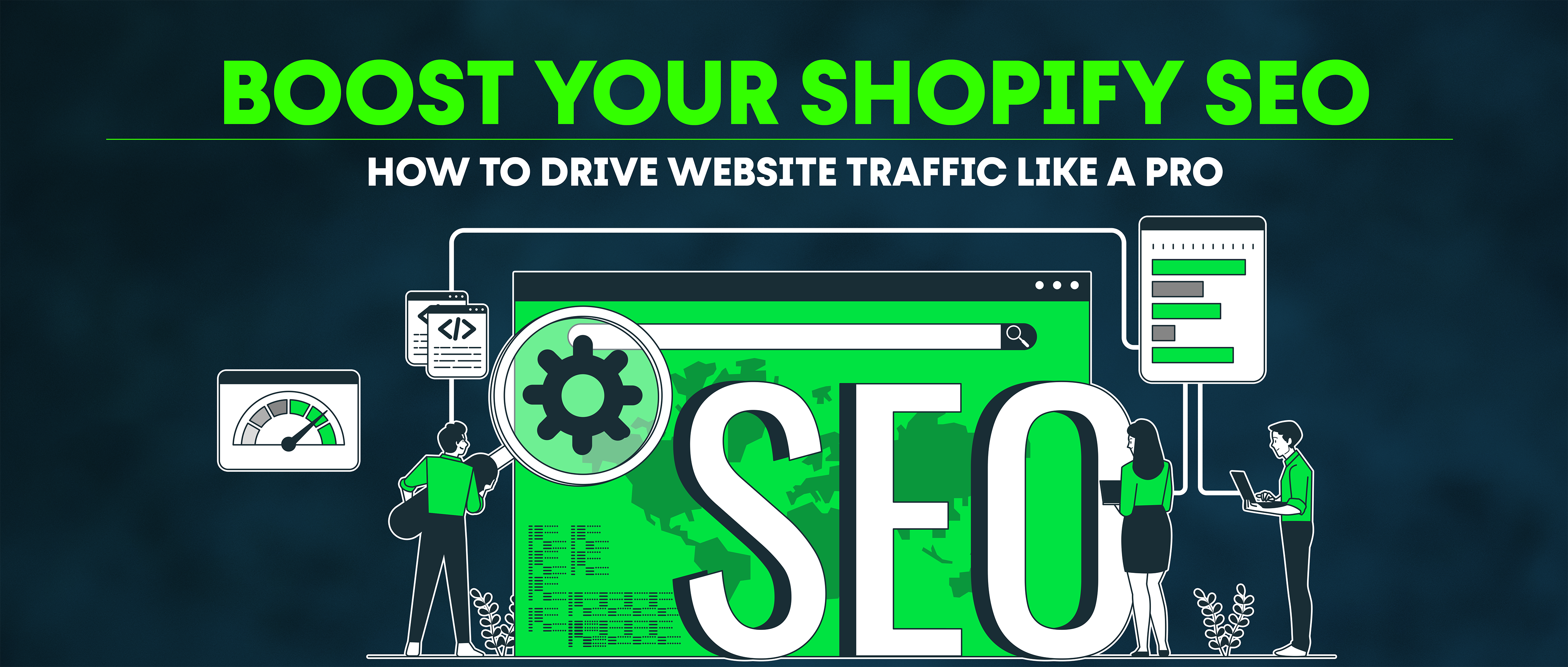Overview
The coming of AI technology is drastically changing the face of e-commerce. Of concern to any business fighting for relevance in today’s digitized marketplace, artificial intelligence oscillates into more of a necessity than a luxury. AI can, therefore, be put into use in driving e-commerce businesses in simplifying operations for better customer experiences and increased revenue growth.
The benefits of AI technology for e-commerce businesses are numerous example:
-
- Personalized Product Recommendations: It uses customers’ behaviors and history to provide better products that increase the odds of buying and thus improve the shopping experience.
- Better Customer Service: Some companies are now using artificial-intelligence programs in the form of chatbots or virtual assistants to handle customer service inquiries at all hours of the day to answer questions, take orders, and even assist with individual issues.
- Fraud Detection and Prevention: AI identifies abnormalities in transactions in real-time, hence mitigating associated risks and safeguarding financial operations.
- Inventory Management: AI predicts demands and optimizes inventory levels to prevent stockouts and improve efficiency in the supply chain.
- Dynamic Pricing: AI adjusts the price dynamically as the market state, competitors, and buyers’ activity to get the highest revenue possible.
- Customer Churn Prediction: AI predicts customer behavior for reducing the churn rate through a focused retention strategy.
- Generative AI: AI enhances the content development as a content creation tool for descriptions, marketing copies, among others, and so on.
Integration Challenges of AI in E-Commerce
As much as the huge benefits conferred by AI, integrating it into e-commerce operations also has challenges, including:
-
- Concerns to Data Privacy: AI is much focused on consumers’ information, eliciting uneasiness on rules relating to the protection of privacy and data.
- High Cost of Implementation: Setting up AI requires huge upfront investment in infrastructure and acquisition of talent, continuous maintenance.
Navigating Challenges in AI Across E-Commerce
-
- Protecting Data Privacy: Customer data for AI in Ecommerce algorithms must be collected and used according to the applicable legal regime to avoid breaches and maintain customer trust.
- Infrastructural and Talent Investment: A business shall be investing in the right kind of talent and infrastructure contributing to the implementation and maintenance of AI.
- Human Touch in AI: There needs to be a human touch in the AI-based customer service to express empathy and subtle responses.
The Future of AI in E-Commerce
The growth of AI will necessitate an e-commerce business to always stay in sync with industry advancements to remain competitive. The prospects for AI in the e-commerce sector are vast, allowing for the following:
-
- Augmented Reality: The use of AI in Ecommerce with augmented reality will transform the outdated shopping experience to allow consumers to see products in a new and inventive way.
- Predictive Analytics: Through the implementation of AI predictive analytics, business entities will be in a position to predict the behavior and preferences of the customers hence promoting the right products and sales.
- Autonomous Supply Chain Management: The management of supply chain through the use of AI autonomous supply chain will enable various firms to determine the right inventory quantities, shipping and logistics costs so as to assist in cutting down costs while at the same boosting organizational efficiency.
AI Applications and Use Cases of E-Commerce
it is noteworthy that several e-commerce companies reported that they shifted their efforts toward the AI integration process and achieved great results. Here are a few examples:
-
- Amazon: Thus, the site recommendation of products based on the browsing and purchase history of each customer by an application of advanced AI technology has brought in considerable increase in sales for Amazon.
- Netflix: Another AI in Ecommerce technology used by Netflix includes recommendation algorithm that suggests series and movies for users to watch based on the previous history of what a user has been watching; this has assist users in finding something new to watch and has help extend the time users spend on Netflix.
- Digisensehub: Digisensehub AI-powered platform provides e-commerce businesses with personalized product recommendations, demand forecasting, and supply chain optimization, driving revenue growth and improving operational efficiency.
- Sephora: The efficiency and effectiveness of AI chatbots such as the Sephora Virtual Assistant: As an instrument of assisting consumers in the choice of products and providing suggestions on the Fifth & Pacific Company’s website that results in new sales and consumers’ loyalty.
AI Integration Strategies for Successful e Commerce Deployment
Leveraging AI in e-commerce is not just an easy task that can be fulfilled in the shortest time possible, it must be planned and done systematically. undefined
- Start Small: To start with, it is recommended that one launches a small-scale experiment to avoid high-risk exposures and identify the pitfalls that may be encountered in the project’s implementation.
- Define Clear Goals: Identify the specific targets and scope of AI in your organization to be in line with the vision and mission of the business.
- Choose the Right Technology: Select the most appropriate type of AI in Ecommerce solution and AI professional that would help a company or an organization achieve its goals.
- Train and Refine: Update your AI models frequently to minimize inaccuracies and ensure they’re performing optimally.
- Monitor and Evaluate: The AI deployment results need evaluation and assessment to identify areas for alteration or optimization to achieve a better effect.
Conclusion
AI makes a revolution in e-Commerce in a way by increasing the value proposition because of compelling propositioning of companies to consumers to boost their efficiency and revenue. Sh.Coming to the challenges involved in the implementation of AI, in spite of all these challenges, the reaps which benefit are immeasurable. On the analysis of advantages and disadvantages of AI in e-commerce and guidelines for observing the application of innovations, it is possible to open new horizons for development and stable earnings.










